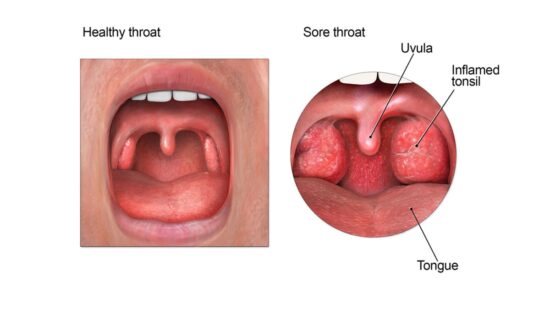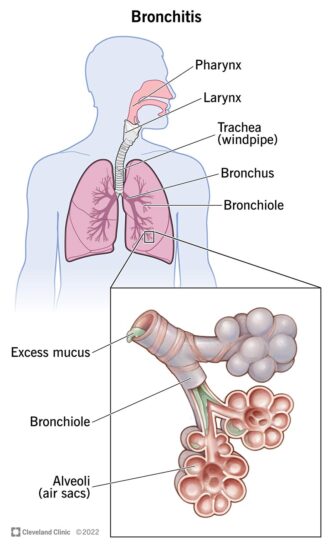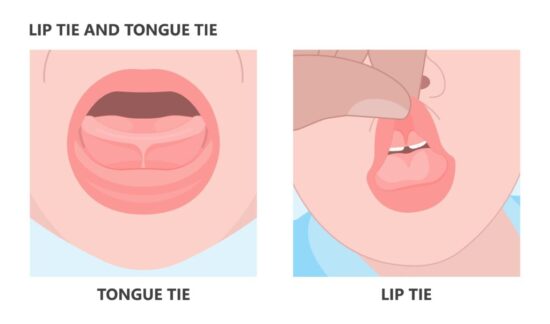How long do COVID stay in the air? | Vital Insights
The virus that causes COVID-19 can remain airborne for hours, depending on environmental conditions and aerosolization. The Nature of COVID-19 Transmission Understanding how long the COVID-19 virus can stay in the air is crucial for effective prevention strategies. The virus primarily spreads through respiratory droplets when an infected person coughs, sneezes, talks, or breathes. These […]
How long do COVID stay in the air? | Vital Insights Read More »





